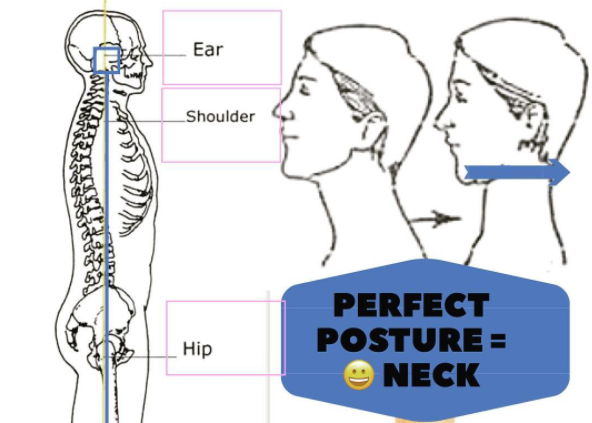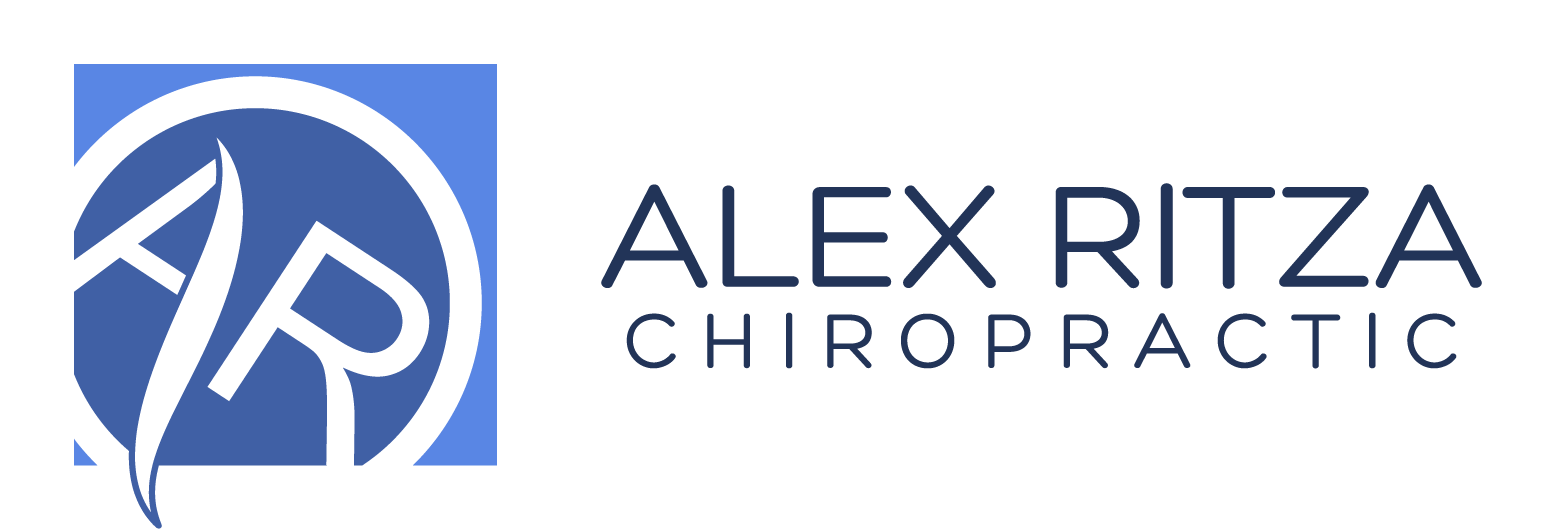Dr Alex Ritza – Your Downtown Toronto Chiropractor
CHIROPRACTIC CARE CONVENIENTLY LOCATED NEAR YONGE AND BLOOR
RATED ONE OF TORONTO’S BEST CHIROPRACTORS ONLINE
If you have ever had your neck seize up, become sore or want to avoid this during your next workout, you are going to want to read this short and succinct post.
One of the most common problems that effects our patients that lift regularly, especially our awesome Cross Fit athletes, is a tight or sore neck following an overhead press type exercise. Patient’s often have no idea why it happened but know that when they come in they report: something pinched in the neck during their workout, now it hurts, their range of motion is really restricted and they need help. Sound familiar?
If it doesn’t and you find yourself in the gym doing any overhead work regularly than consider yourself blessed because this is so common.
The underlying cause for this happening can be attributed to a number of reasons, which are not the focus of this short blog. The focus is to stop this from happening to you.
 The single best way to keep your neck safe, injury free and your lifts as powerful as possible is so simple it almost sounds stupid to mention it – keep your chin tucked in!
The single best way to keep your neck safe, injury free and your lifts as powerful as possible is so simple it almost sounds stupid to mention it – keep your chin tucked in!
Get your head back and yours ears in line with your shoulders!
Simple yes. But I bet that it is rarely something you think about when you are in the gym, on a run, at your desk or even doing yoga. Often when we are exerting ourselves and especially when we perform an overhead press, we tend to jut out the chin forward so that it is well past its proper alignment with your shoulder.
The chin tuck is one of the most important and basic moves that one needs to master to improve their posture, strengthen their spine, and help to prevent neck pain. It stacks the joints of the neck in a stable position so they don’t get pinched.
This position will also prevent over stretching of the muscles connecting the neck and shoulder (scalenes, levator scapulae, omohyoid, etc) that can be strained with anterior head carriage when lifting or starring at a screen.
The chin tuck has been found in numerous studies to strengthen the deep neck flexor muscles that stabilize the neck. Numerous studies have also proven that using the chin tuck to strengthen the deep neck flexors can help reduce the incidence of headaches and neck pain.
Two of my favourite regular young patients Joel and Ryan are the perfect example of heeding this advice. With some gentle encouragement to actively adopt this routine with overhead lifts, the frequency of acute next issues that had once plagued them has dropped to maybe a perennial occurrence. Futhermore, when they do have neck issues related to long slogs at the desk, the intensity of the issue is much less severe. Be like Joel and Ryan.
So before your next lift and especially the next time your hands creep above your shoulder, as yourself “is my chin and head where it should be?”.
HOW TO TUCK YOUR CHIN
STEP 1: Sit or stand with an upright and erect posture with you’re your gaze parallel to the floor
STEP 2: Maintaining the level gaze and head position retract the head like giving yourself a double chin
STEP 3: Hold this position.
STEP 4: Lift heavy things
STEP 5: Send me some feedback if this was helpful 🙂
-Dr Alex




